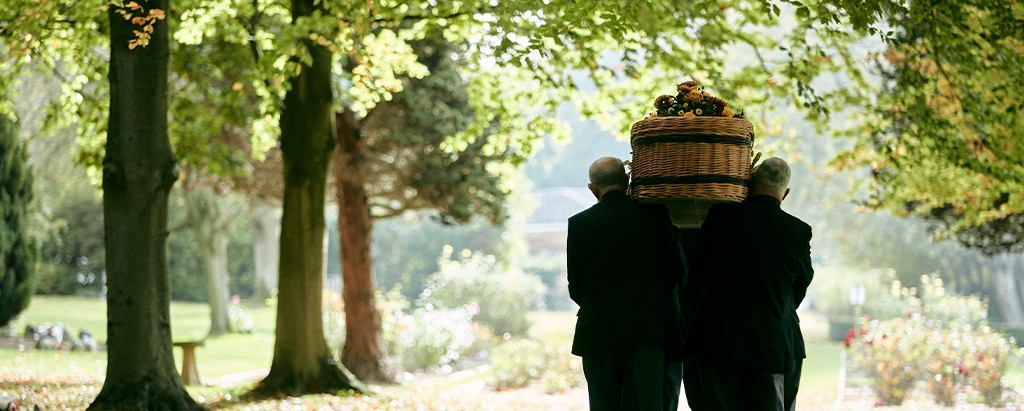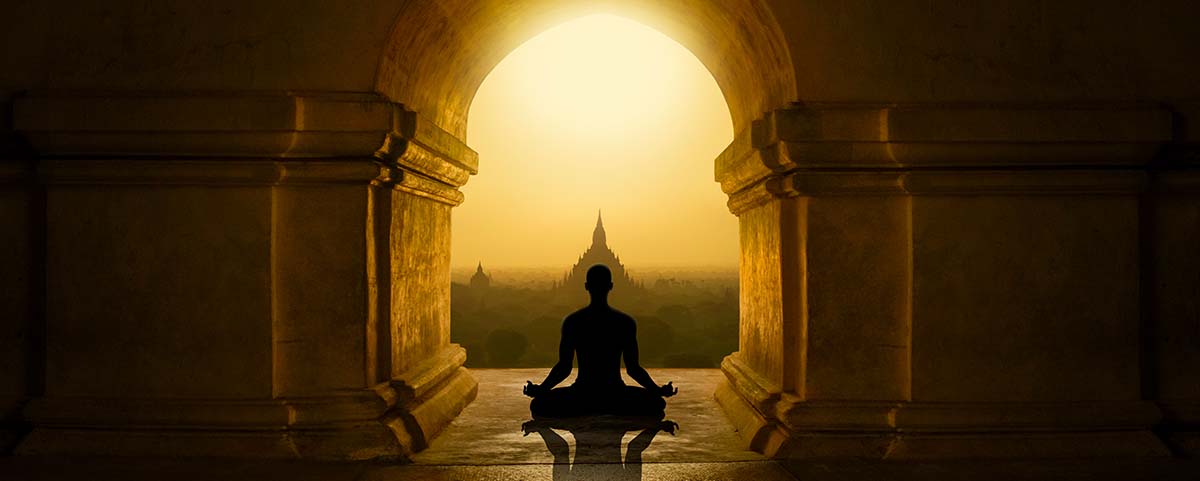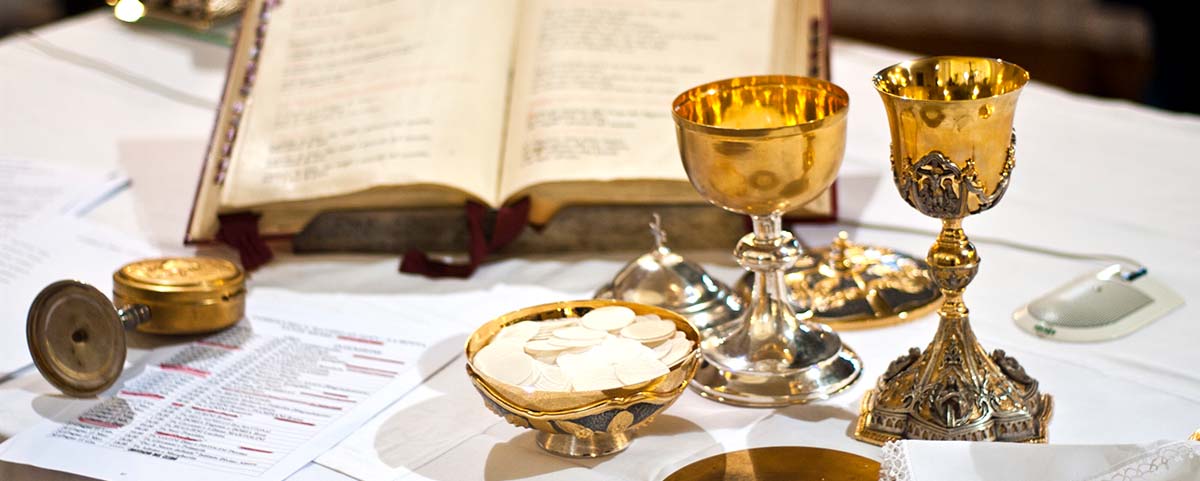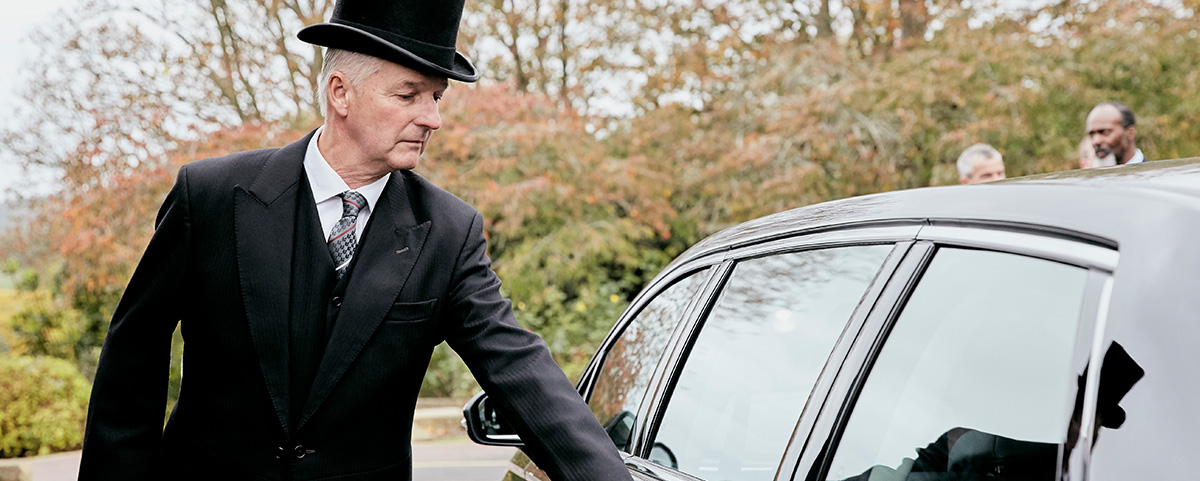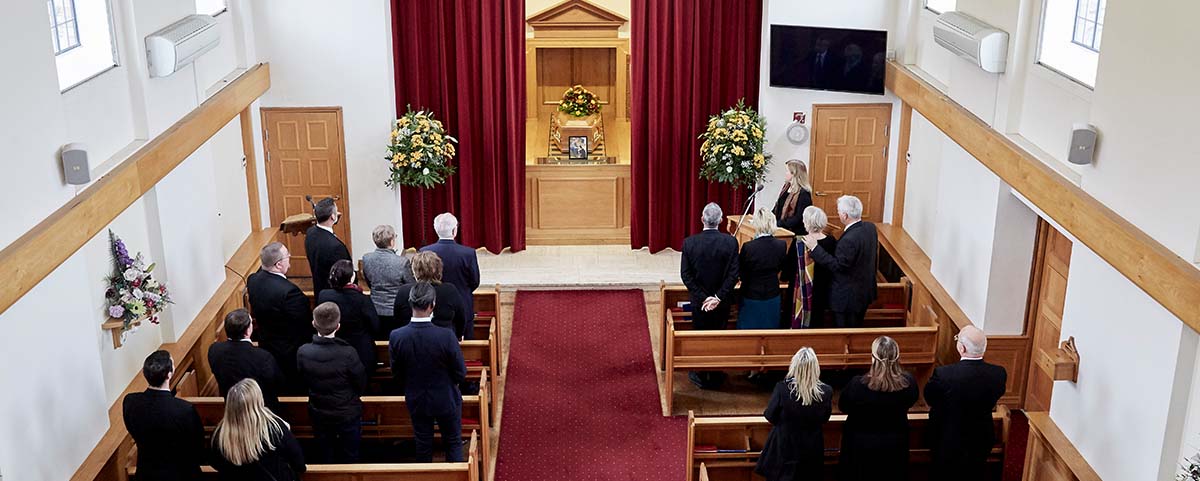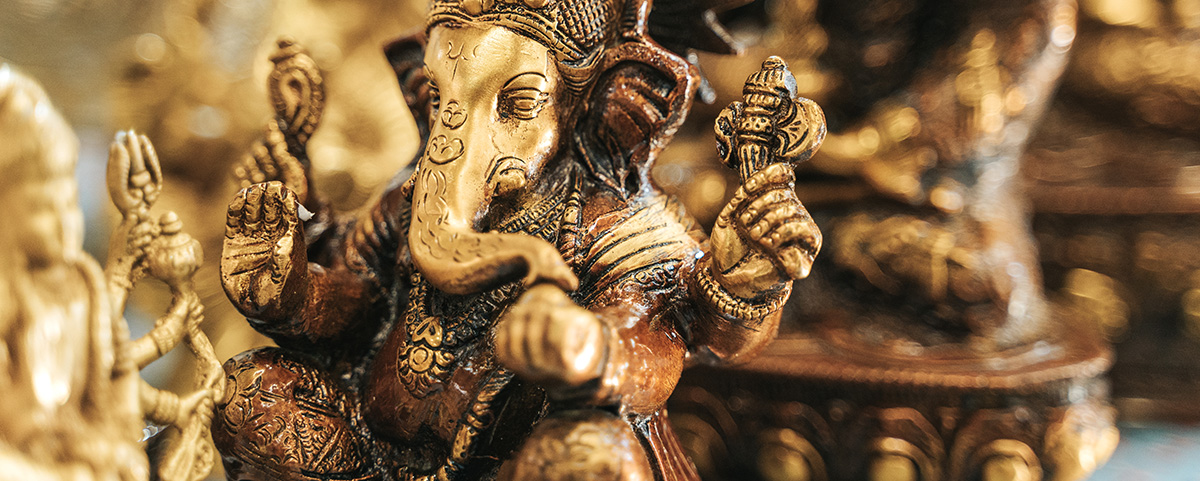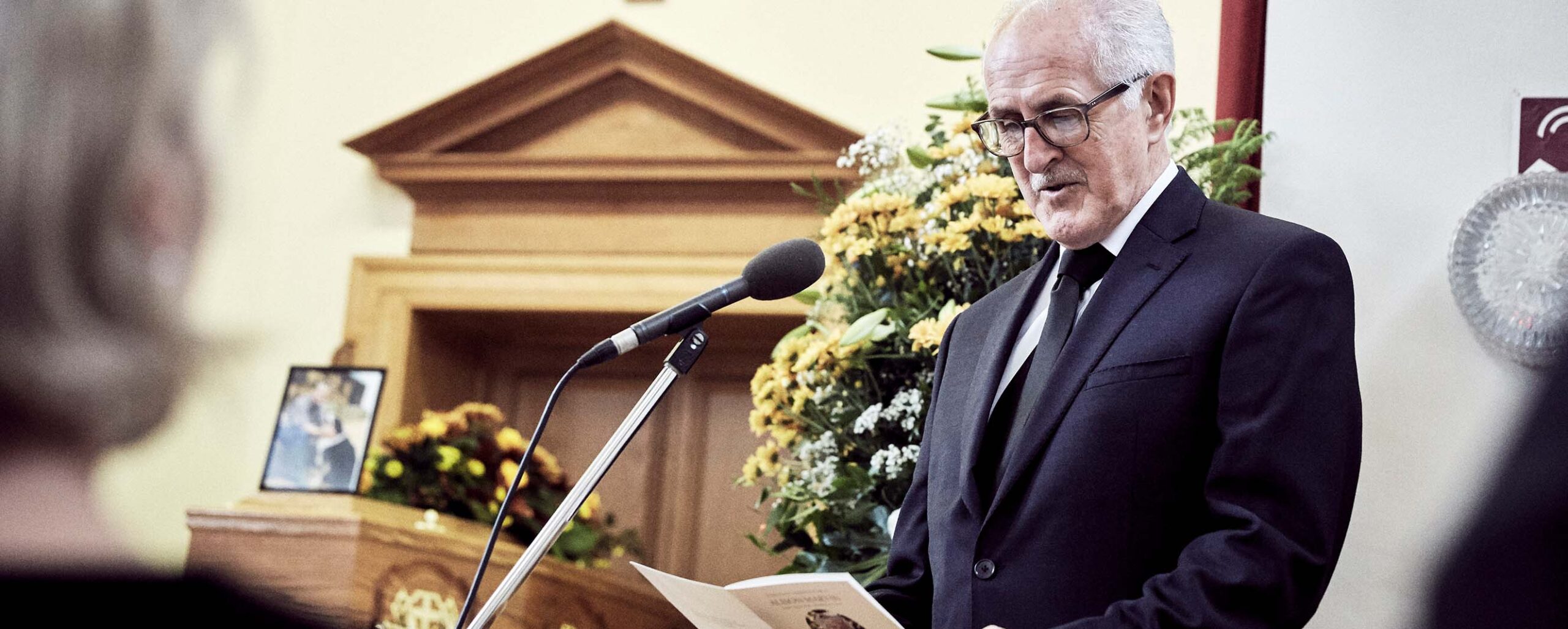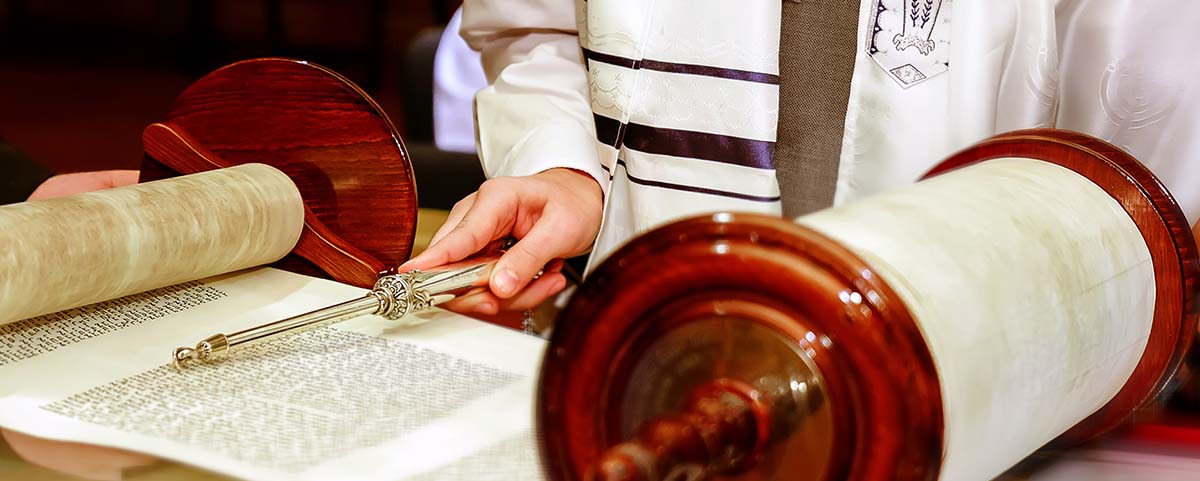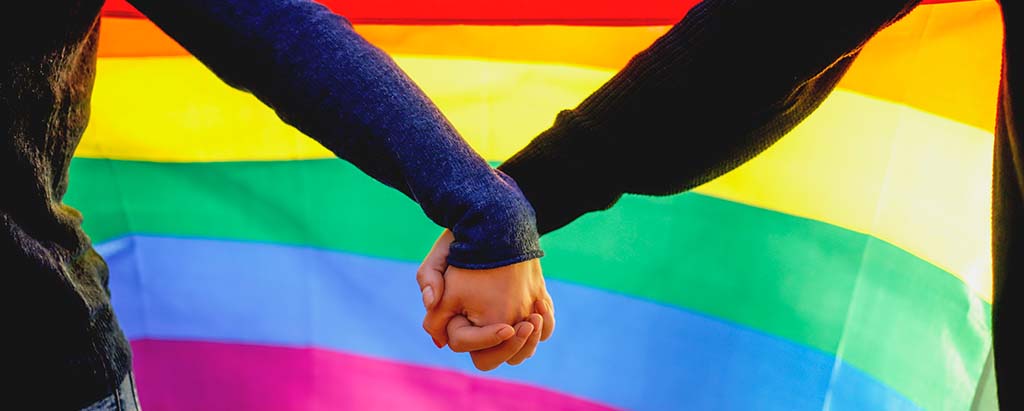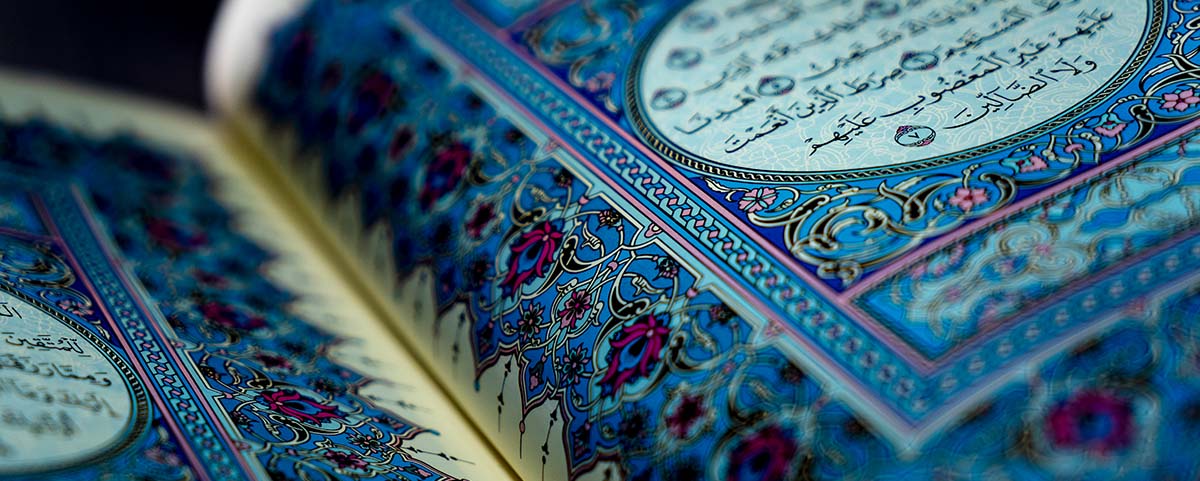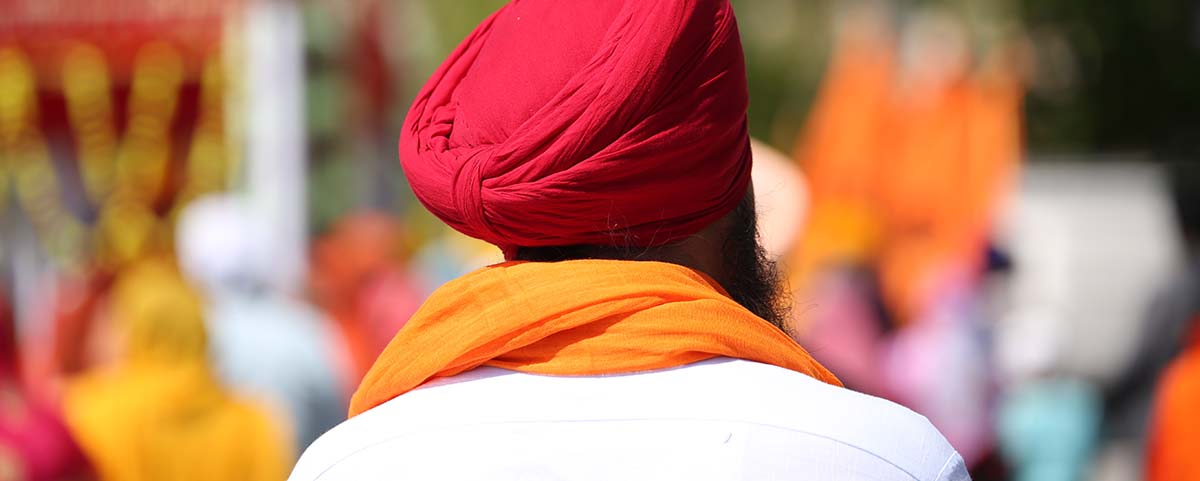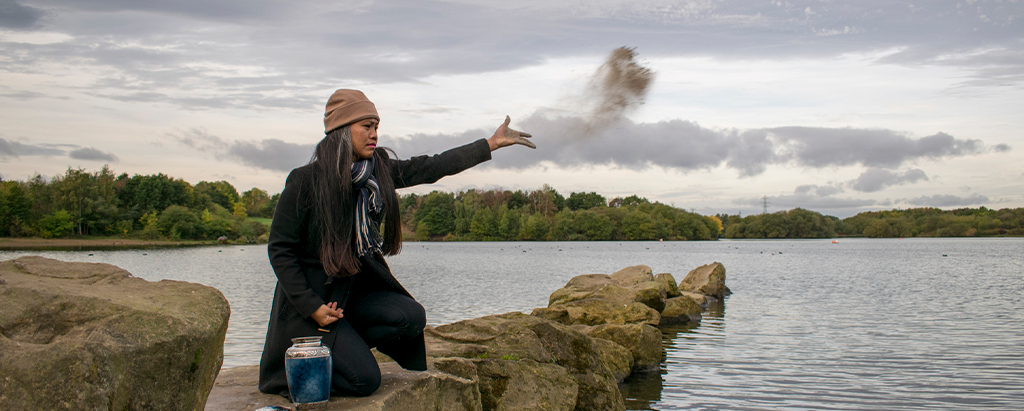Types of funeral
As well as an occasion to show love and respect to the person who has died, a funeral service also gives family and friends another way to say goodbye, express their grief and acknowledge the death – all of which can be beneficial to the grieving process.
The ceremony can be as formal or as informal as you wish and it’s entirely up to you how much a part religion should have to play. There are a number of different types of funerals available. Which funeral options you choose will probably depend on your beliefs, or those of your loved one and whether you choose a burial or cremation.
We’ve provided some useful guides to help you understand the different types of funerals.
Guides
How to organise a funeral
- Funeral Plan: If the deceased left any specific instructions or wishes regarding their funeral arrangements.
- Burial or Cremation: Decide whether the deceased will be buried or cremated. If they expressed a preference, honour it if possible.
- Religious funerals: a funeral can be as religious, or non-religious as you choose. This will mostly be guided by the beliefs of the person who has died.
- Funeral service: a funeral service can be arranged to remember the life of the deceased, or if you would prefer not to have a service and remember your loved one in your own way, you may want to consider a direct cremation.
Whatever you choose, you will need a Funeral Director to help you arrange the funeral. Your Funeral Director will be by your side to answer questions and support you through the funeral planning process.
If you need assistance with any part of the funeral planning process or bereavement support, our friendly and caring teams can assist.
